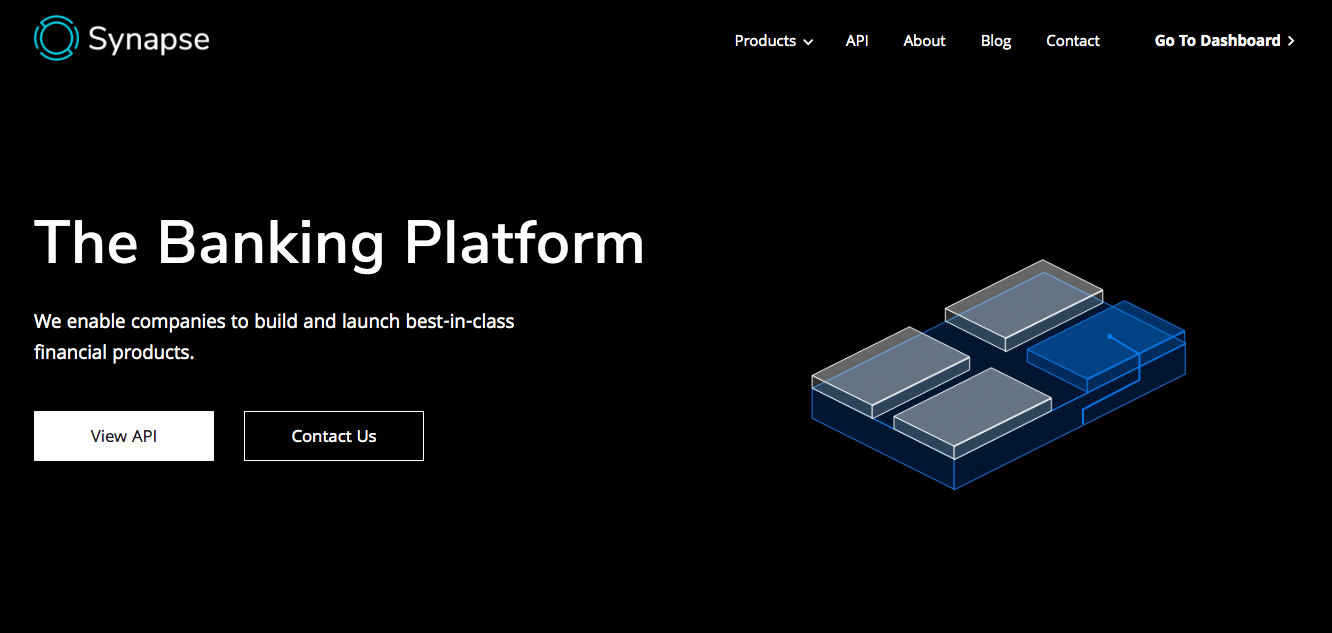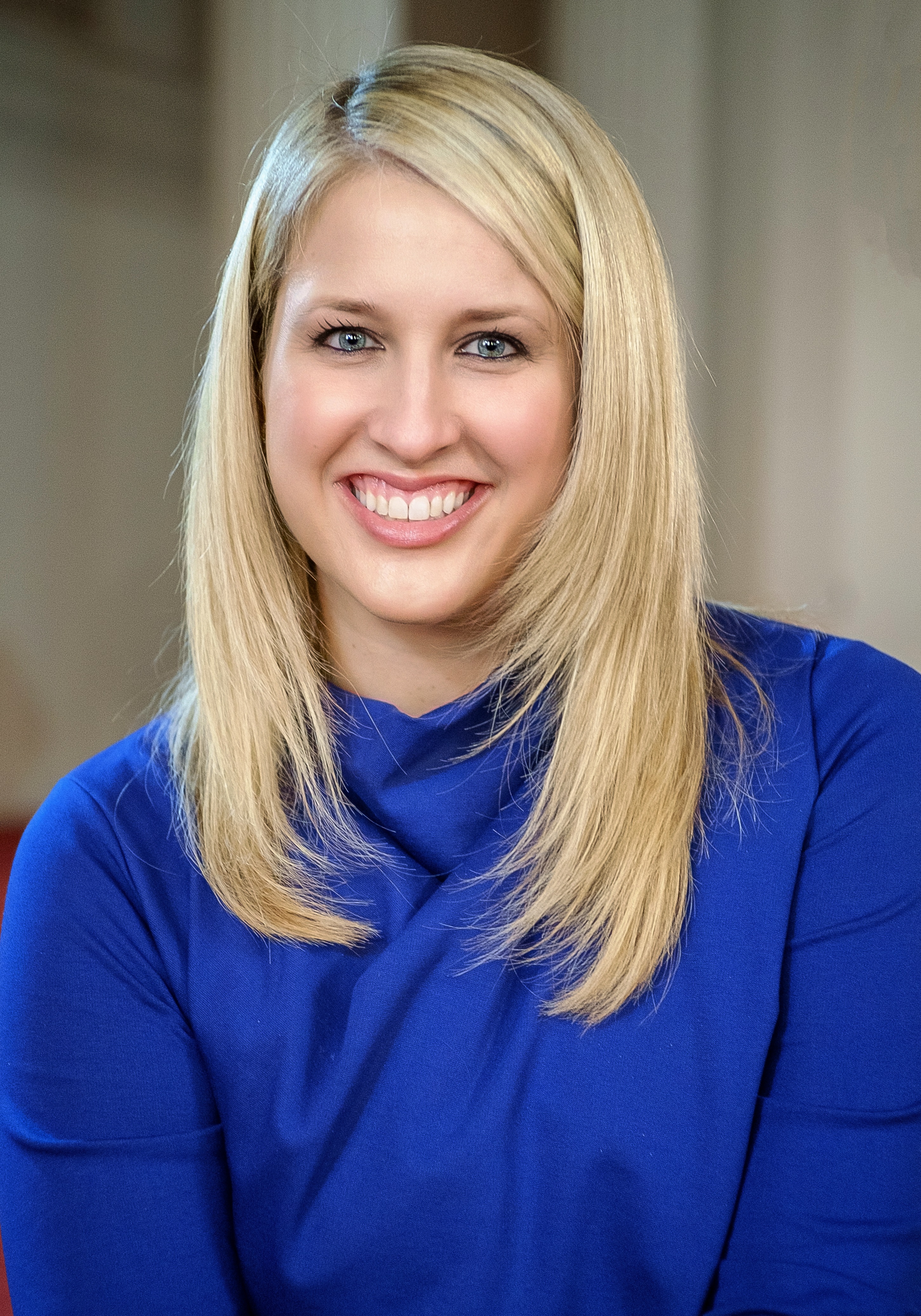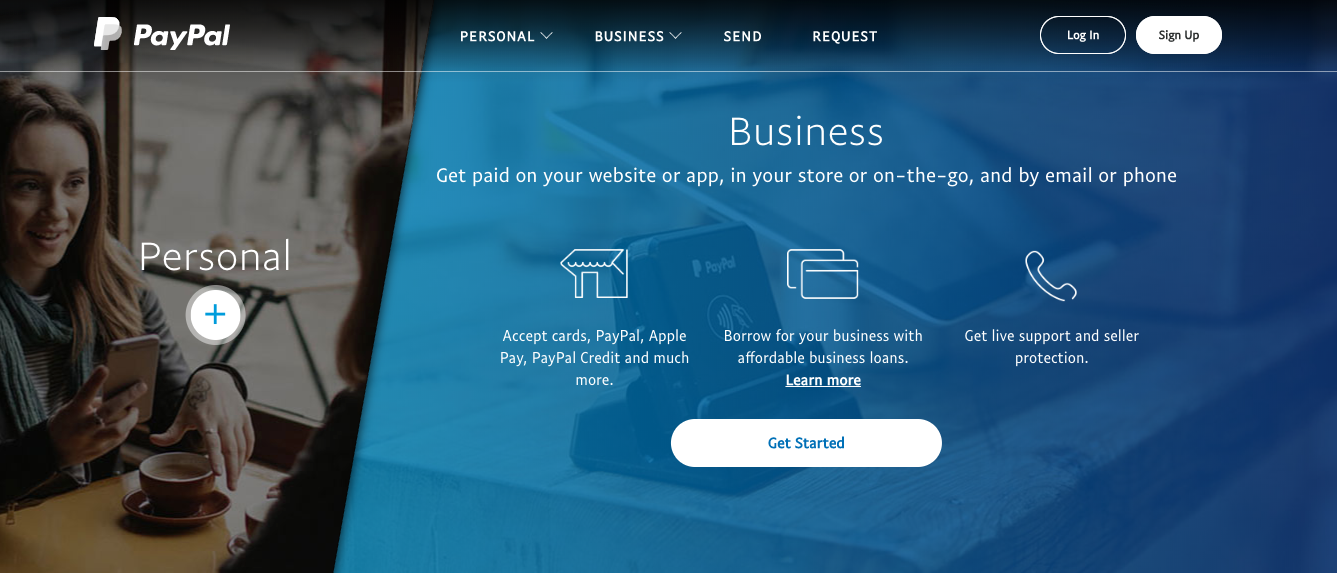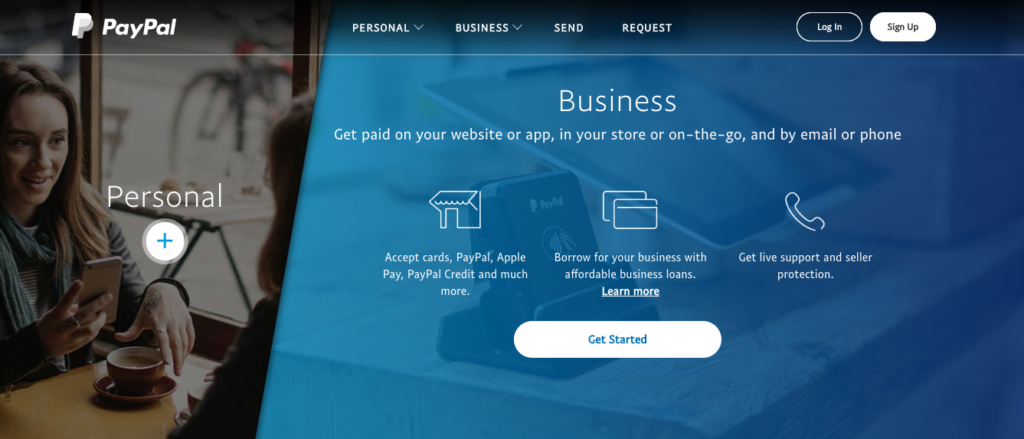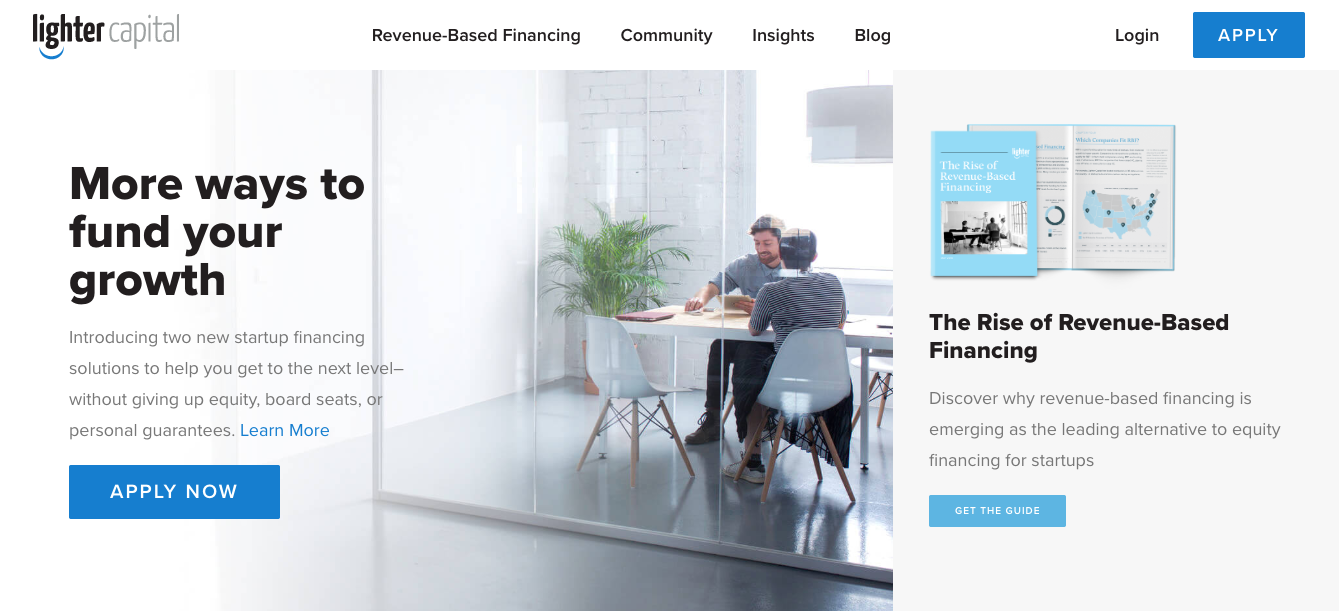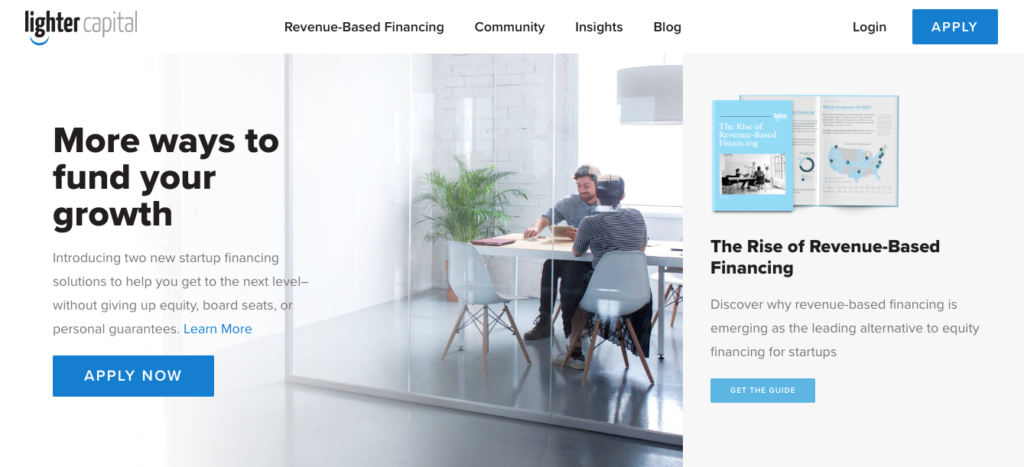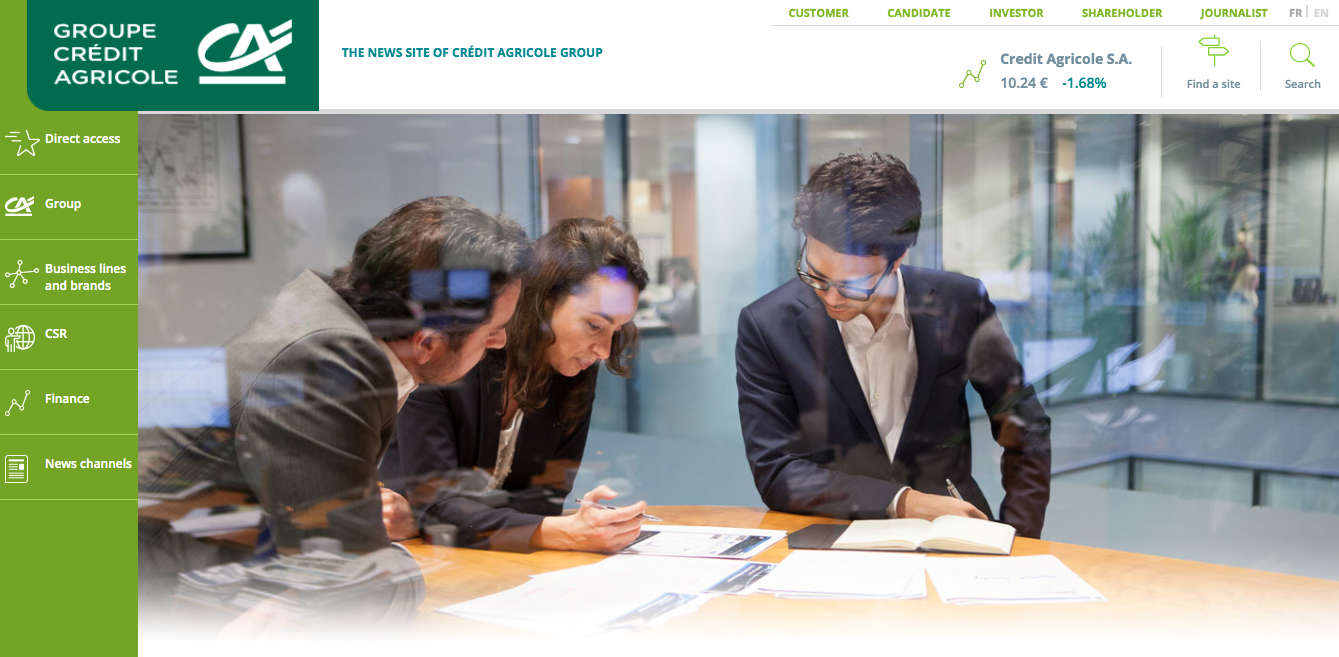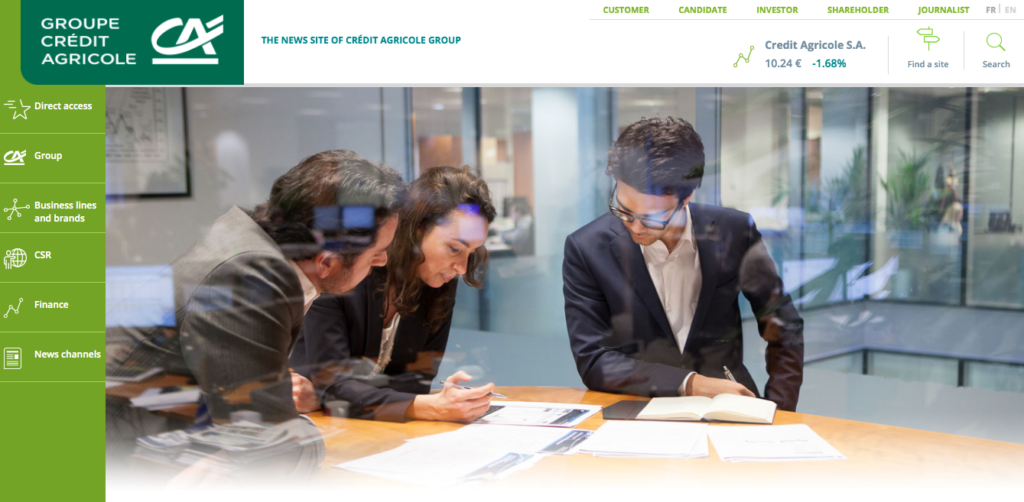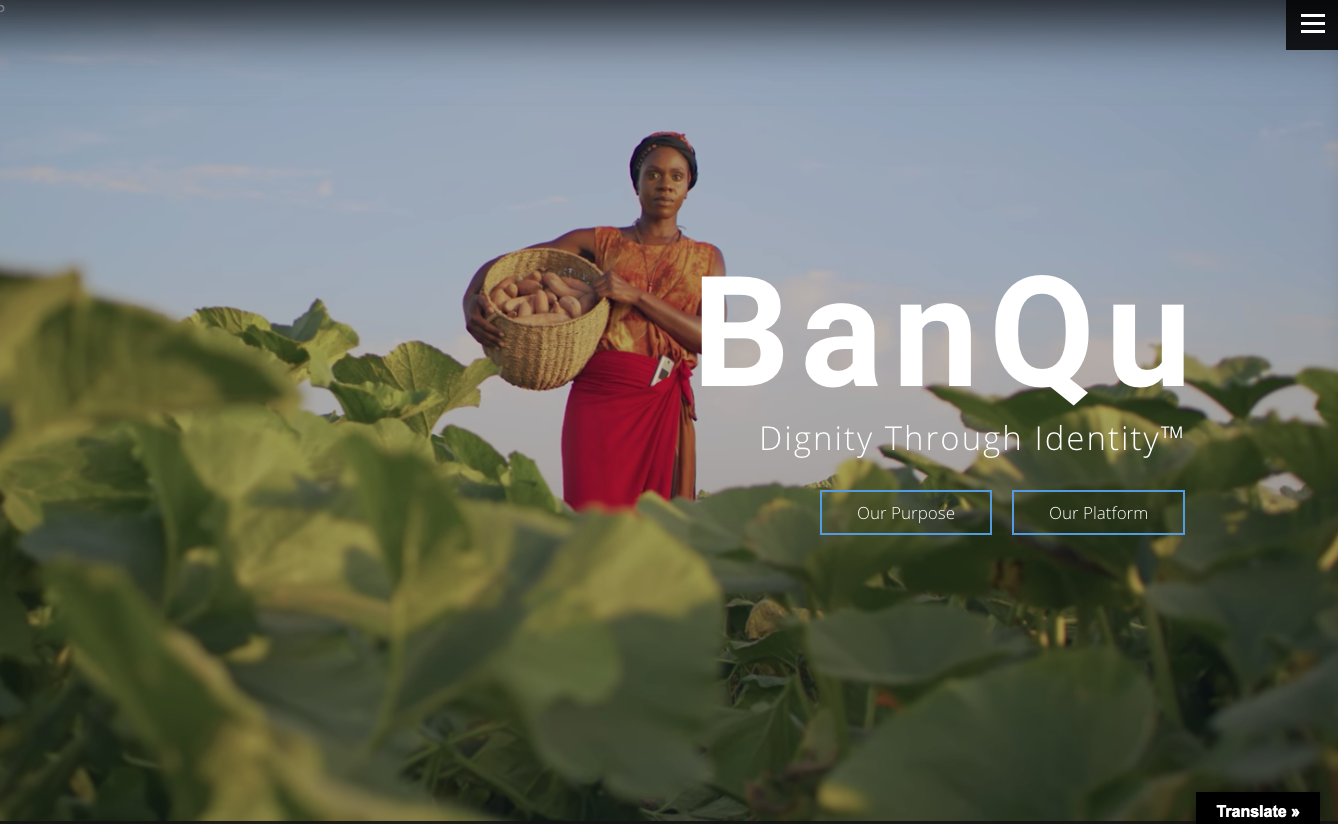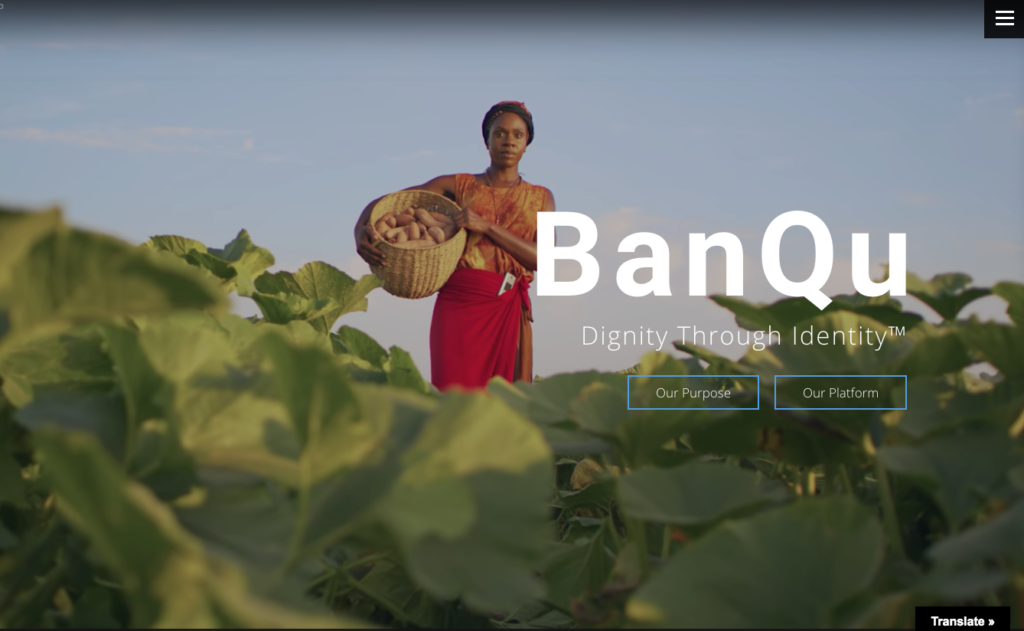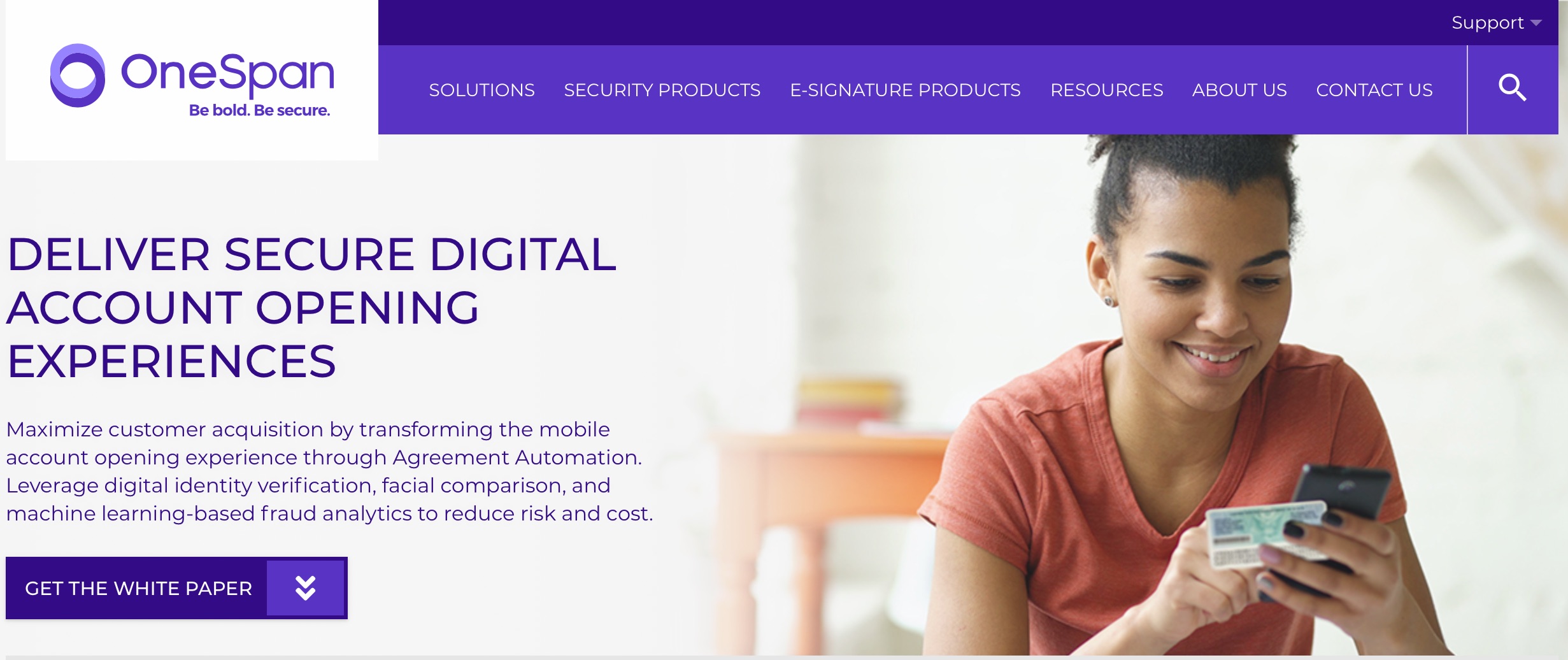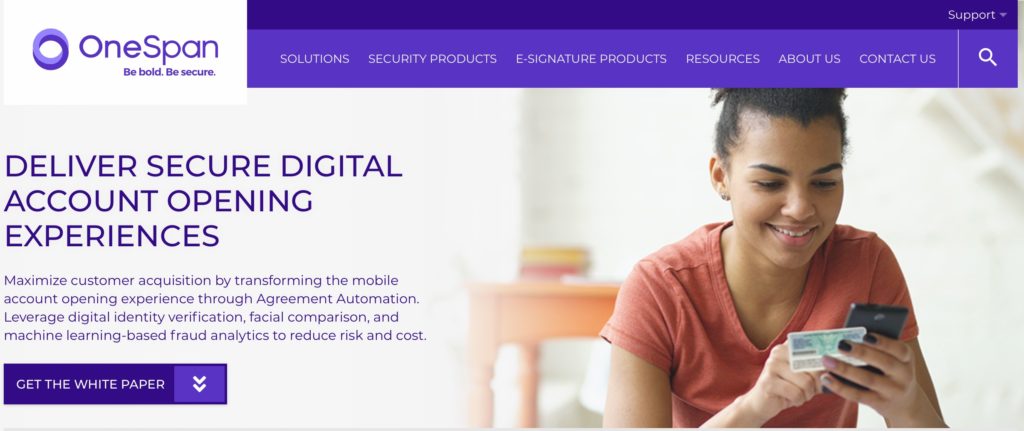As part of our #WomeninFinTech series, we sat down with Kristin Marcuccilli, executive vice president and chief operating officer at STAR Financial Bank.
We talked about her transition from the world of college football to the world of banking and finance, what technology she thinks will lead the way, and why it is important to work with like-minded individuals to drive a business forward.
Finovate: How did you start your career?
Kristin Marcuccilli: STAR Financial Bank is a privately-owned family bank that’s been around for more than 75 years; in fact, my grandfather’s name is the “T” (Thomas) in STAR. Despite this family history, I didn’t always aspire to become a banker. I earned a bachelor’s degree in psychology and pre-medicine from the University of Notre Dame, and my student work in football operations and player development ultimately led me to my first job in the Notre Dame Football office for three years. It wasn’t until later that I decided to pursue a master’s degree in business administration and management from Indiana University.
While working toward my master’s degree, I asked my dad about potential opportunities with the bank – though I still was unsure if this was the right path, I became more curious as I progressed in my studies and job experiences. When an opportunity to join the bank arose, I had to follow the same process as anyone else. Our bank has strict rules about family employees: we must work somewhere else for five years first; new positions won’t be created just for family members; and we must pursue an MBA or banking certification to even be considered for a senior management role.
In 2008, I joined the bank as a project manager, and haven’t looked back since. Over the past 11 years, I have worked my way up to chief operating officer, and I now help oversee our technology partnerships, project management efforts, bank operations and strategic direction. During my time at the bank, I’ve helped establish a strategic vision, oversaw a website redesign, helped implement 55 Interactive Teller Machines and have enhanced our digital banking strategy.
Finovate: What sparked your interest in fintech?
Marcuccilli:My interest in fintech stems from the reason I choose to work in community banking – it’s a relationship business, and our team’s involvement in creative thinking that will ultimately help change and influence the way people and businesses interact with their bank is an ever-present and ever-evolving challenge. A passion for fintech calls for an entrepreneurial spirit and the ability to embrace failure and change nearly every day. For me, that’s an exciting challenge.
Finovate: What technologies have you seen lately that have excited you?
Marcuccilli: New technology seems to appear overnight. Years from now, we expect that real-time payments will be the norm – no more waiting for money to move overnight or over the course of several days via check. The application of biometrics and advanced analytics for enhanced security will continue to expand and evolve, and artificial intelligence will support personalized customer experience through digital channels. Electronic delivery of documents, signatures and account opening will also likely be dominating a once paper-intensive banking environment. Self-service kiosks will also have advanced to replace much of the standard transaction activity both as in-branch and as standalone options. All of this excites me, as the ability to serve our customers in the best manner possible is where I draw energy.
Finovate: Why is it important for banks to embrace new tech? How is Star Financial Bank doing this?
Marcuccilli: In our rapidly changing industry, banks that are slow to adapt risk falling behind and losing critical business. Bankers have a significant advantage when it comes to building valuable relationships and supporting their local communities, but they must also add modern technology to remain nimble and relevant.
At STAR, we place a strong emphasis on maintaining our community focus while optimizing delivery channels and meeting customers where they are on their financial journey. We take a collaborative approach when evaluating and implementing new technology, starting at the top with our CEO who encourages the team to embrace change.
I am proud to be part of a powerhouse team, working alongside innovators and leaders who dedicate significant time and effort toward studying technology and client behavior to best meet our community’s needs. We have a group of smart, data-driven individuals who ensure our technology and services align with our business and customer demands.
Finovate: Where do you think the future of fintech is heading?
Marcuccilli: Delivery channel optimization (to ensure convenient and engaging customer experience), security threats and payments are all rapidly evolving and will continue to be a major focus in the fintech space. To effectively address these trends, there will be a growing demand and emphasis on the selection of third-party partnerships. Finding the right technology partner – both a technical and cultural fit – will be important in facilitating the best experience for customers.
Finovate: Why is the #WomeininTech movement important?
Marcuccilli: There is a general lack of female representation in financial services, especially when it comes to the technology side of the house. As industry professionals, we can help influence this by supporting and encouraging women to join and contribute to the field. Series like these are a powerful way to highlight how women are innovating and making a difference in their local communities through financial services and technology.
Finovate: What piece of advice would you give women starting out their career in finance/ fintech?
Marcuccilli: My advice is to be open to different possibilities within the financial services and fintech space as there are no shortage of opportunities. It’s important to surround yourself with strategic and smart individuals who help build up the team, supporting professional goals and development. I’d also encourage women to become involved in their local communities. Learning and growing from individuals outside of your organization can also be key to professional success. When we commit to staying attuned to business and industry trends and recent developments, we’re able to better support an ecosystem of entrepreneurship and growth in our local communities.
Finovate: And what piece of advice do you have for other banks to attract and retain more star female talent?
Marcuccilli: At STAR, we prioritize collaboration and innovation, and that’s been very attractive to top talent. Showing potential employees that the bank cares about exploring new ideas from all levels of the institution, not just from management or the C-suite, can be a powerful differentiator. Institutions that break down silos, encourage cross department collaboration and transparency, and embrace change will find more success in attracting and retaining star female talent.

